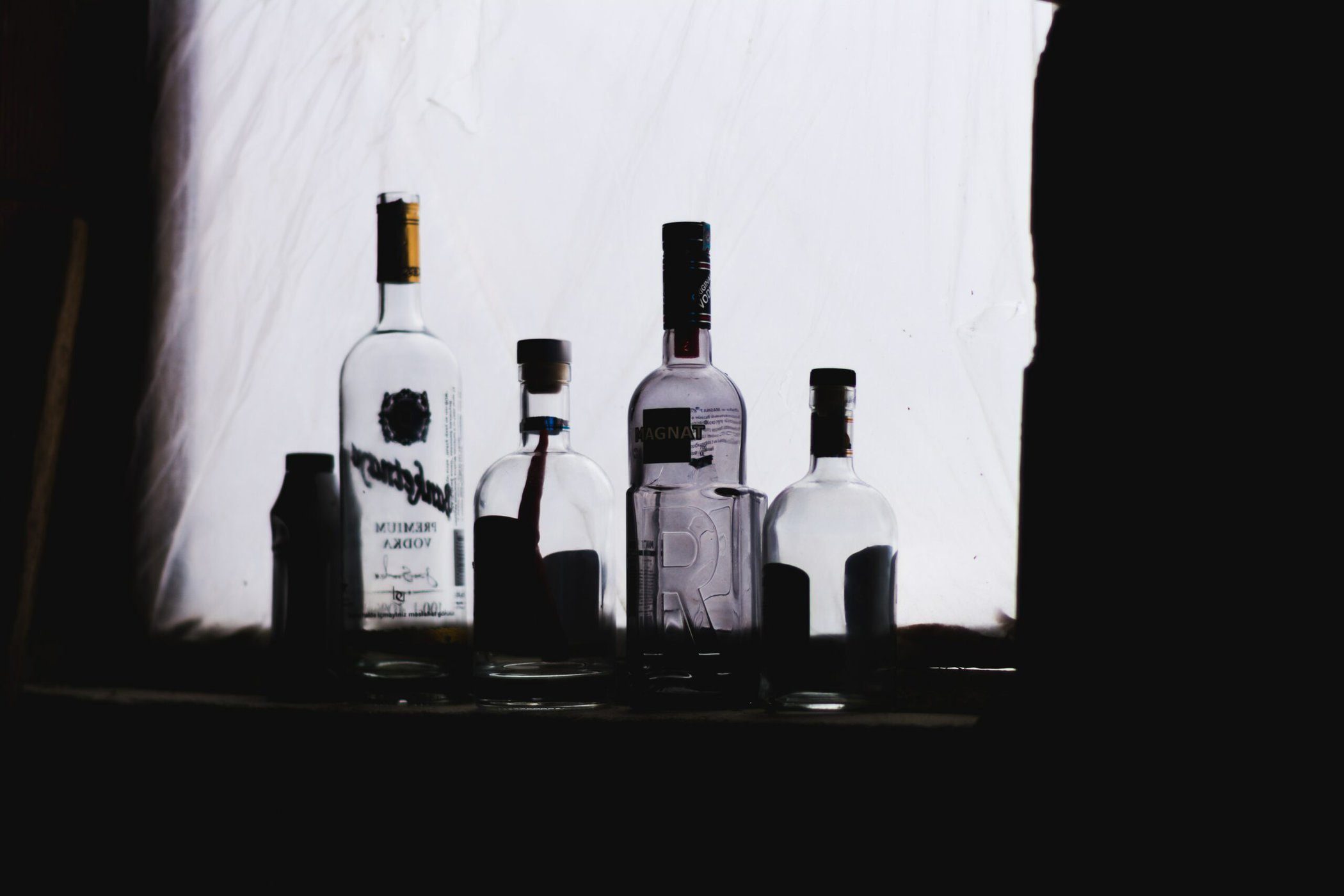You have tried to quit before, but it never seems to stick. You may go a few days or even a couple of weeks without drinking, but inevitably, you pick up the bottle again. You may feel overwhelmed with anxiety, or even have physical symptoms that make it difficult to function, such as shakiness, nausea, and difficulty sleeping. It feels like you just can’t be yourself without alcohol. In the end, the only thing that makes you feel better is to drink again, which makes you feel more defeated, powerless, and ashamed. You might be consuming alcohol, but in the end, it’s consuming you.
This is an experience that millions of people have, and it doesn’t mean that you don’t have enough “willpower.” It’s not about not “wanting it enough” or being “weak.” Excessive, long-term alcohol use chemically alters your brain, creating a dependency that makes it extremely difficult to break the cycle. Fortunately, there are medical and behavioral interventions that address the underlying causes of alcohol use disorder, including our outpatient treatment program in Denver.
What is Alcohol Use Disorder?
Alcohol use disorder (AUD), also known as alcohol dependence or alcoholism, is a health condition that is characterized by a pattern of uncontrollable drinking. People with AUD are often preoccupied with thoughts about alcohol, can’t seem to control their drinking, drink even though it causes them problems, have developed a high tolerance for alcohol, and go through withdrawal if they stop drinking.
The Science Behind Alcohol Use Disorder
You may feel certain you want to quit drinking forever, but inevitably, you wind up with a drink in your hand. It’s important not to beat yourself up about it and to recognize that there is a scientific reason why you struggle to stop drinking alcohol. Long-term binge drinking alters the chemistry of the brain, impacting your reward pathway.
The reward pathway is composed of two elements: neurotransmitters and neuroreceptors. Neurotransmitters are chemicals your brain uses to communicate information. When it comes to alcohol, the important neurotransmitters are dopamine and GABA. On the other hand, neuroreceptors are the components of the reward pathway that send, receive, and coordinate neurotransmitters. The most important neuroreceptor when it comes to alcohol is GABAA.
Dopamine plays a critical role in many body functions, from digestion and your metabolism to learning and motivation to feelings of pleasure and happiness. GABA is responsible for controlling communication between your brain cells. One of its most significant jobs is to communicate with GABAA to control the release of more dopamine. There are many things that naturally control the release of dopamine, including delicious food, exercises, sex, meditation, sunlight, and participating in any activity you enjoy.
Alcohol also binds with GABAA, promoting the release of additional dopamine to the brain. This is why drinking feels good, and when you drink occasionally and moderately, the impact is only temporary.
However, when alcohol is consumed regularly and to excess, it begins to impact the function of the GABAA receptor. Eventually, over time, they become dependent on alcohol to reach even normal dopamine levels. This is why it becomes so difficult to quit drinking — your brain actually needs it in order for you to even feel normal. When you’re not drinking, you just cannot produce the amount of dopamine you need to function, so you get stuck in a cycle of endless drinking just to feel okay. You might be quite frustrated with yourself because even if you want to quit, you just can’t seem to stop drinking, and these feelings of shame only add to your need to drink.
Medically Based Outpatient Treatment in Denver
When you feel controlled by alcohol, you feel powerless. You may feel embarrassed or ashamed, like you should be able to just stop. The truth is, in order to stop drinking, you need to approach the problem for what it truly is — a disease. This means using medical intervention to address the biological issue of your dependency on alcohol through the latest research in the most effective strategies for intervention. At Go Sober, we use a medically based, outpatient treatment program to help people go sober forever in Denver. Even if you have tried alcohol addiction treatment before and not succeeded, our innovative program offers hope. Contact us today for a free consultation to see how Go Sober could help you.


0 Comments